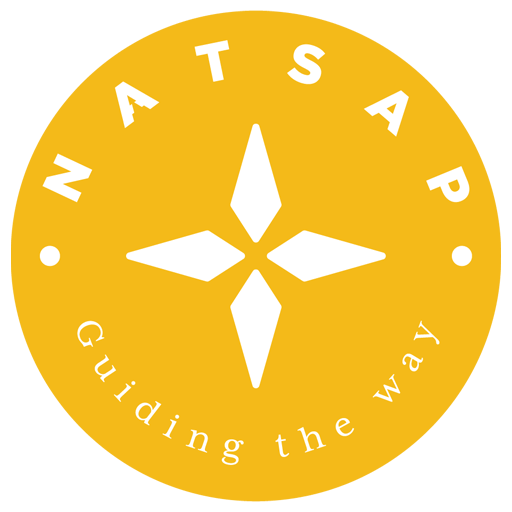
NATSAP Stands in Solidarity: Addressing the Impact of Parental Drug Overdose on Children
A recent study published in JAMA Psychiatry reveals that from 2011 to 2021, over 321,000 children in the United States lost a parent to drug overdose. This loss, which has doubled the rate of affected children over the decade, underscores the urgent need for comprehensive support systems for these children and their families. The study, led by the National Institute on Drug Abuse (NIDA), Substance Abuse and Mental Health Services Administration (SAMHSA), and the Centers for Disease Control and Prevention (CDC), highlights the severe impact of the overdose crisis, especially within vulnerable communities.
The findings show that non-Hispanic American Indian/Alaska Native children experienced the highest rates of parental loss, while minority communities faced disproportionate impacts due to systemic inequities in accessing care. For members of the National Association of Therapeutic Schools and Programs (NATSAP), these statistics emphasize the critical challenges in supporting the holistic well-being of young individuals affected by parental substance use disorders.
The Association's mission to provide therapeutic support underscores the importance of culturally-informed approaches to address these disparities. By prioritizing whole-person health care that considers individuals with substance use disorders as parents and family members, NATSAP aims to break generational cycles of substance use and mitigate long-term impacts on children.
As a committed advocate for youth and families, NATSAP stands in solidarity with those affected by the overdose crisis. The Association will continue to work collaboratively to dismantle systemic barriers, ensuring all communities have access to culturally-responsive support services, and advocating for comprehensive support systems to help children thrive in safe and supportive environments.
